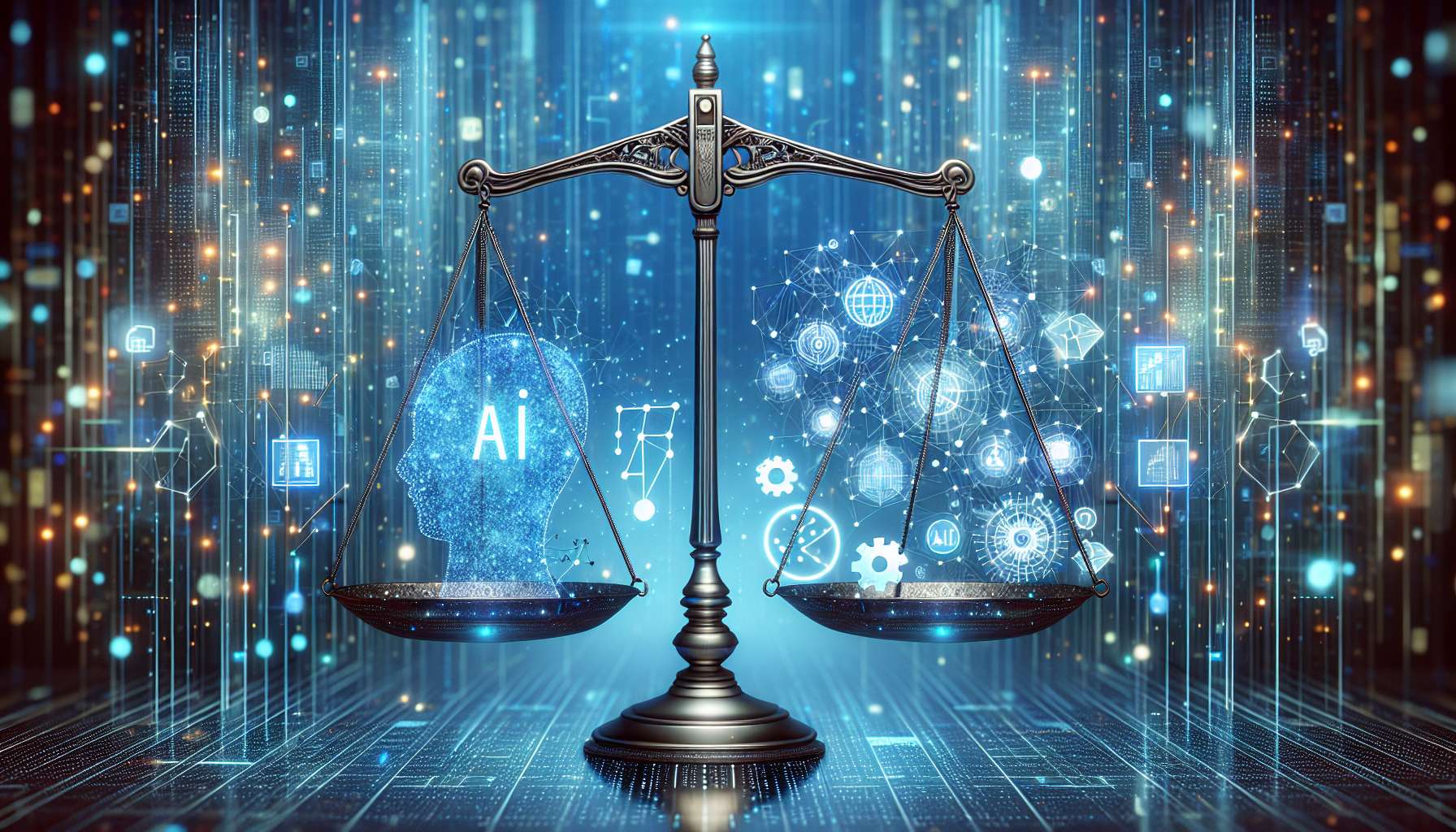The Rise of AI Ethics
Artificial Intelligence (AI) has become an integral part of our daily lives, from powering virtual assistants to driving autonomous vehicles. As AI technologies continue to advance, the issue of ethics in AI has come to the forefront. One of the key ethical challenges in AI is the issue of bias and fairness in algorithmic decision-making.
Understanding Bias in AI
AI systems are designed to analyze vast amounts of data and make decisions based on patterns and trends. However, these systems can inadvertently perpetuate biases present in the data they are trained on. For example, if historical data used to train an AI model is biased against a certain group of people, the AI system may make decisions that discriminate against that group.
The Impact of Bias in Algorithmic Decision-Making
Biased AI algorithms can have far-reaching consequences in various domains, including hiring practices, loan approvals, and criminal justice. For instance, biased AI systems used in hiring processes may unfairly disadvantage certain groups of applicants, leading to a lack of diversity in the workforce.
Addressing Bias and Promoting Fairness
Addressing bias in AI requires a multi-faceted approach. One key strategy is to ensure that the data used to train AI models is diverse and representative of the population. Additionally, developers can implement techniques such as bias detection algorithms and fairness constraints to mitigate bias in AI systems.
The Role of Regulation
Regulatory bodies are increasingly recognizing the importance of addressing bias in AI. For example, the European Union’s General Data Protection Regulation (GDPR) includes provisions that require transparency and accountability in automated decision-making processes. By implementing regulations that promote fairness and transparency, policymakers can help ensure that AI technologies benefit society as a whole.
Conclusion
As AI technologies continue to evolve, it is crucial to address the ethical challenges posed by bias and fairness in algorithmic decision-making. By understanding the impact of bias in AI systems and implementing strategies to promote fairness, we can harness the power of AI for the betterment of society.








